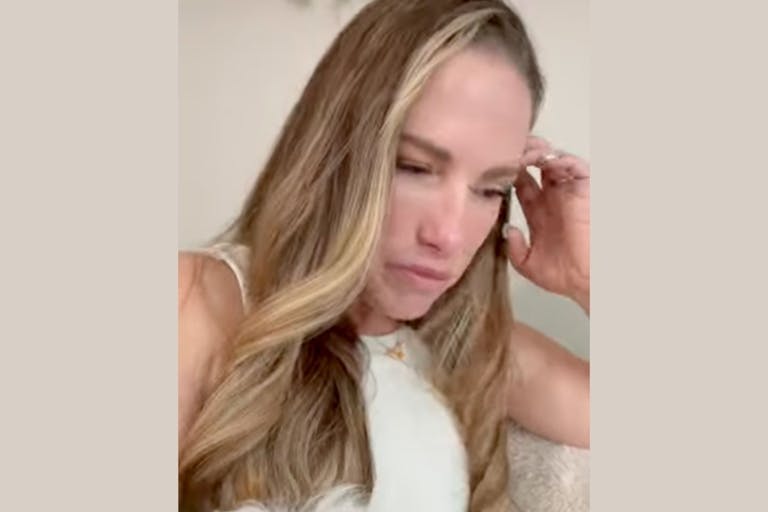
Fact Check: Woman says she was denied treatment as baby 'poisoned her from inside out'
Nancy Flanders
·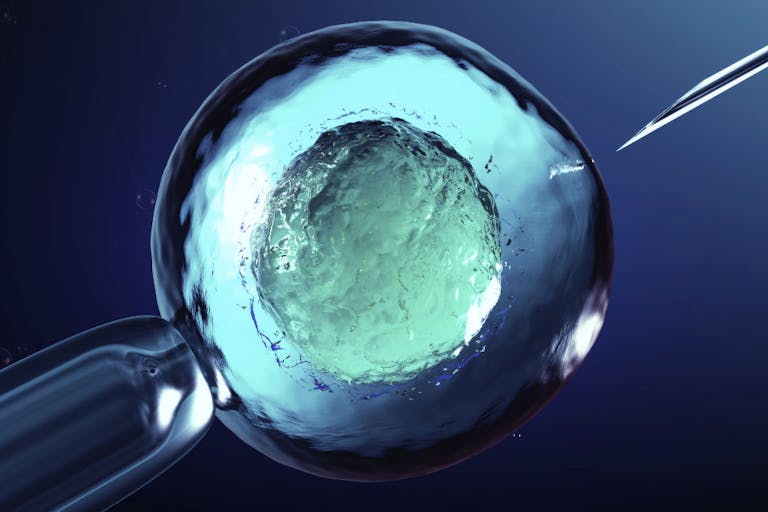
Could overturning Roe affect the fertility industry?
If Roe v. Wade is overturned, some argue that the decision could impact the fertility industry. Pro-abortion advocates are especially worried about what this could mean for in-vitro fertilization (IVF). Currently, IVF — and the fertility industry as a whole — has few regulations.
If Roe is reversed, abortion advocates argue that the door will be open to laws establishing the personhood of preborn children, which are already in place in some states. As the rapid progress of the medical field has shown that deciding personhood based on viability is entirely arbitrary, they fear that the embryos created and sometimes discarded during IVF could be legally considered persons.
IVF involves removing several eggs from the ovaries, fertilizing them in a lab, and inserting one (or multiple) screened, selected embryos into the uterus. It often takes several rounds for an embryo to successfully implant, and the IVF failure rate is very high. As a previous Live Action News report noted, “Each round of IVF only carries a 20-30% chance of successful birth and couples can create up to 20 embryos to increase their odds — but most couples don’t want 20 children. As a result, while an estimated one million valuable and worthy people have been born thanks to IVF, 1.7 million have died, and another one million are said to be currently frozen in the United States while their parents decide if they still want them.”
READ: Creating babies to kill: The union of IVF and ‘selective reduction’
During this treatment, many embryos are created which are never given a chance to live. These “extra” embryos are frozen, destroyed, or used for research. Some couples also choose to donate them to other couples who cannot conceive. Sometimes multiple embryos are inserted back into the uterus. If more than one implants and begin to grow, the doctors may “selectively reduce” or abort certain children in an attempt to create a pregnancy of lesser risk.
As Katie Breckenridge writes for The Federalist:
Not only is there concern that clinics could be in violation of state law if they discard chromosomally abnormal embryos, but they will no longer be allowed to “selectively reduce” any “extra” children who may implant. Translation: pre-born IVF children are designer and disposable commodities, both in the lab and in the womb.
This means overturning Roe could finally end the routine discarding, freezing, and terminating of lab-created life.
Some states are broadening their abortion laws and they could apply to IVF. For example, Oklahoma Governor Kevin Stitt just passed a bill protecting preborn children from the moment of fertilization. Technically, this could include eggs fertilized through IVF. This bill could be interpreted as banning the destruction of “extra” embryos created in the process. There are currently many unknowns.
The IVF process raises many ethical questions and concerns, not just for the pro-life movement but also for the doctors who perform this treatment. The fertility industry is viewed by many as recklessly creating and discarding life; calls for greater regulation of IVF are growing louder.
“Like” Live Action News on Facebook for more pro-life news and commentary!
Live Action News is pro-life news and commentary from a pro-life perspective.
Contact editor@liveaction.org for questions, corrections, or if you are seeking permission to reprint any Live Action News content.
Guest Articles: To submit a guest article to Live Action News, email editor@liveaction.org with an attached Word document of 800-1000 words. Please also attach any photos relevant to your submission if applicable. If your submission is accepted for publication, you will be notified within three weeks. Guest articles are not compensated (see our Open License Agreement). Thank you for your interest in Live Action News!

Nancy Flanders
·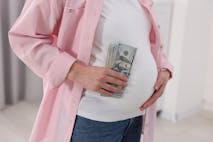
Issues
Nancy Flanders
·
Issues
Bridget Sielicki
·
Issues
Angeline Tan
·
Issues
Nancy Flanders
·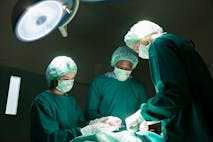
Issues
Wesley J. Smith
·
Issues
Victoria Bergin
·
Human Interest
Victoria Bergin
·
Issues
Victoria Bergin
·
Human Interest
Victoria Bergin
·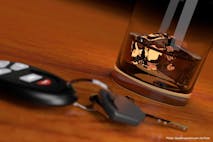
Analysis
Victoria Bergin
·